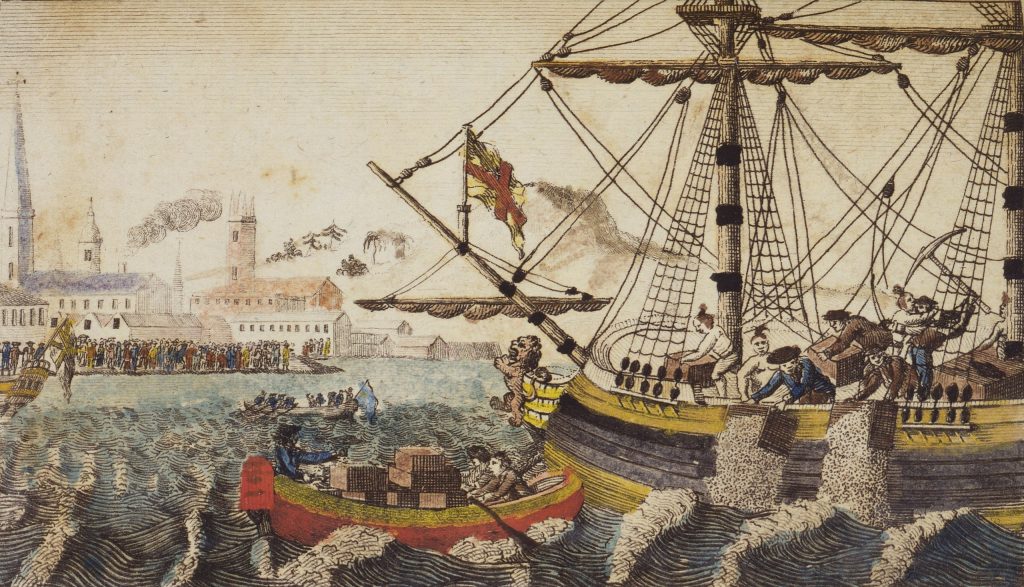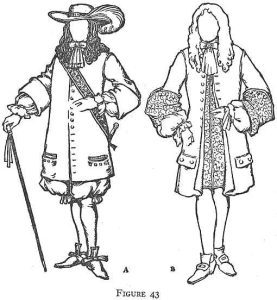Contents
Contents
The American Revolution was primarily caused by an erosion in the relationship between the British government and the Thirteen Colonies of America.
There were a number of reasons why this relationship broke down to the extent that it did, leading to a full-scale war between the two sides.
Political causes
After the end of the French and Indian War in 1763, the British government began implementing new taxes in the Thirteen Colonies.
The war, fought by the British against the French for control of America, was very expensive.
Beginning with the Stamp Act of 1765, the British government wanted to use taxation to pay off their war debt. They justified the Stamp Act by saying the revenue raised would be used to protect the Thirteen Colonies during future conflicts, funding the continued presence of the British Army on the continent.
In the 150 years prior to the American Revolution, in practice, the Thirteen Colonies had a significant amount of political autonomy. As a result, the implementation of the Stamp Act was a shock – and the colonists heavily resisted the new law. They felt that they did not need the continued protection of the British Army, and that they had already significantly contributed to the war effort.
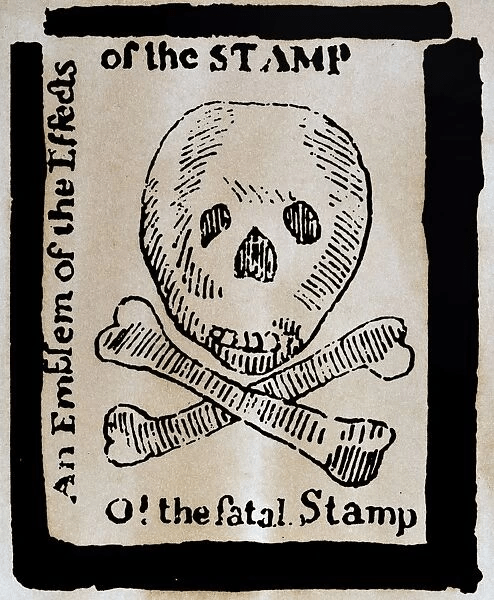
By March 1766, the Stamp Act had been repealed. However, the British government wanted to make it clear that they had ultimate political authority in the colonies. At the time, in British Parliament, the common belief was that the primary purpose of His Majesty’s colonies was to raise revenue for the United Kingdom.
Therefore, the British continued passing new legislation, adjusting tax policy, and giving their officials on the ground more power to enforce the law and raise revenue – particularly in combatting smuggling, which had largely gone unregulated up to this point.
The Townshend Acts (1767) were met with popular resistance, as was the Tea Act of 1773.
Patriot politicians and groups such as the Sons of Liberty argued that the British did not have the right to tax the colonies without their consent. At the time, colonists did not have elected representatives in British parliament, and as a result, colonists argued that the British did not have the right to collect tax revenue – coining the slogan “no taxation without representation”.
With the Tea Act, violent rebellion increased, leading to the Boston Tea Party in December 1773.
The British were outraged by the brazen destruction of their goods, leading them to implement punitive measures against the colonies in March 1774, such as closing Boston Harbor, under the Coercive Acts.
In response, colonial government bodies were set up to circumvent the British, such as the Committees of Correspondence, and the First Continental Congress convened in the fall of 1774.
From 1773 to 1775, the colonies forged their own political identity, incompatible with the monarchical, undemocratic structure put in place by the British, and pushing America to fight for independence.
Economic causes
In implementing new taxes on the Thirteen Colonies, the British were generally relatively careful.
The French and Indian War had been economically devastating in America. Therefore, the British knew that they could not implement significant tax increases under the Stamp Act.
However, although the new taxes were relatively small, they were wide-ranging, and were considered unfair by the colonists.
Everything from newspapers to books, and from diplomas to wills was taxed, for the sole reason of repaying the war debt. The British later attempted to raise direct taxes on a range of different products, including glass, tea, and other goods.
Under the Townshend Acts, the British tightened their control on American trade. Customs officers were given more power to search merchant ships accused of smuggling, and taxes were cut specifically on British East India Company tea, in an attempt to cut off trade with other countries, such as the Netherlands.
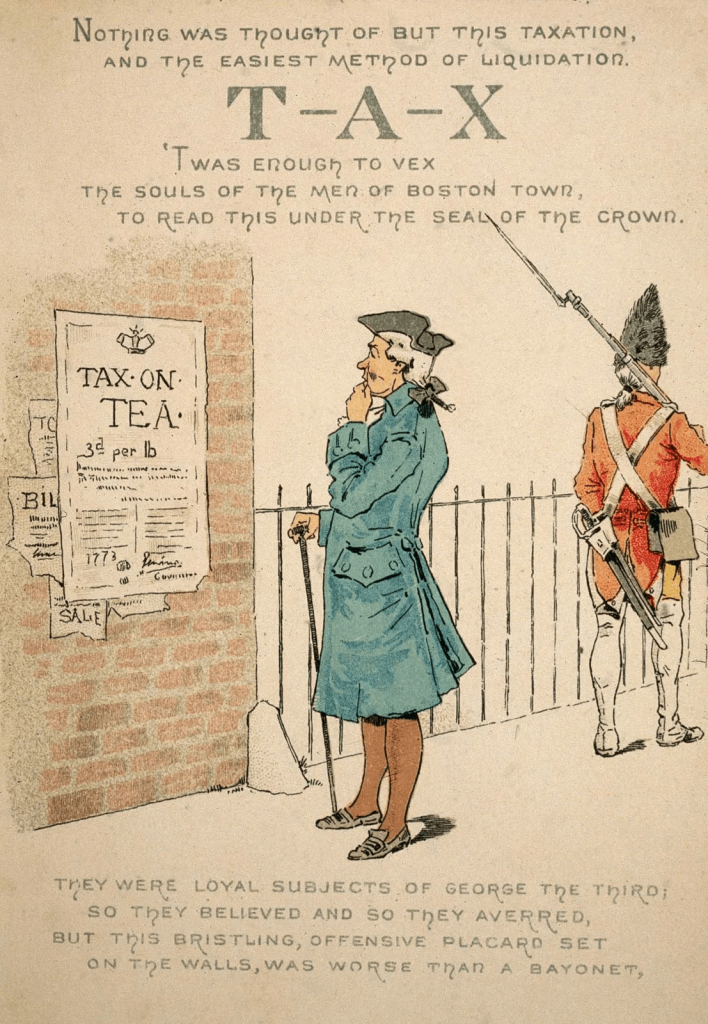
From 1774 onwards, widespread boycotts of British imports were instituted throughout the Thirteen Colonies. As a result, the colonists had to produce more goods for themselves, and soon, they became more economically independent.
The Americans wanted to stop living under the policies of British mercantilism, and economic exploitation. They wanted an end to the economic controls imposed by the British, which as argued by politicians such as Thomas Paine, hindered the colonies’ economic growth.
Social causes
As late as 1774, many still held loyalties to the British Crown, despite the level of popular resistance against the Tea Act, and Intolerable Acts.
Written protests against the Intolerable Acts still appealed to the good graces of King George III, and people still held significant respect for the monarchy.
For example, in the Suffolk Resolves, a document published in September 1774 that called on the colonies to ignore British law, boycott British goods, and stop paying British taxes, the authors opened with “We… acknowledge George the third to be our rightful monarch – we feelingly Declare ourselves to be his true and loyal servants.”
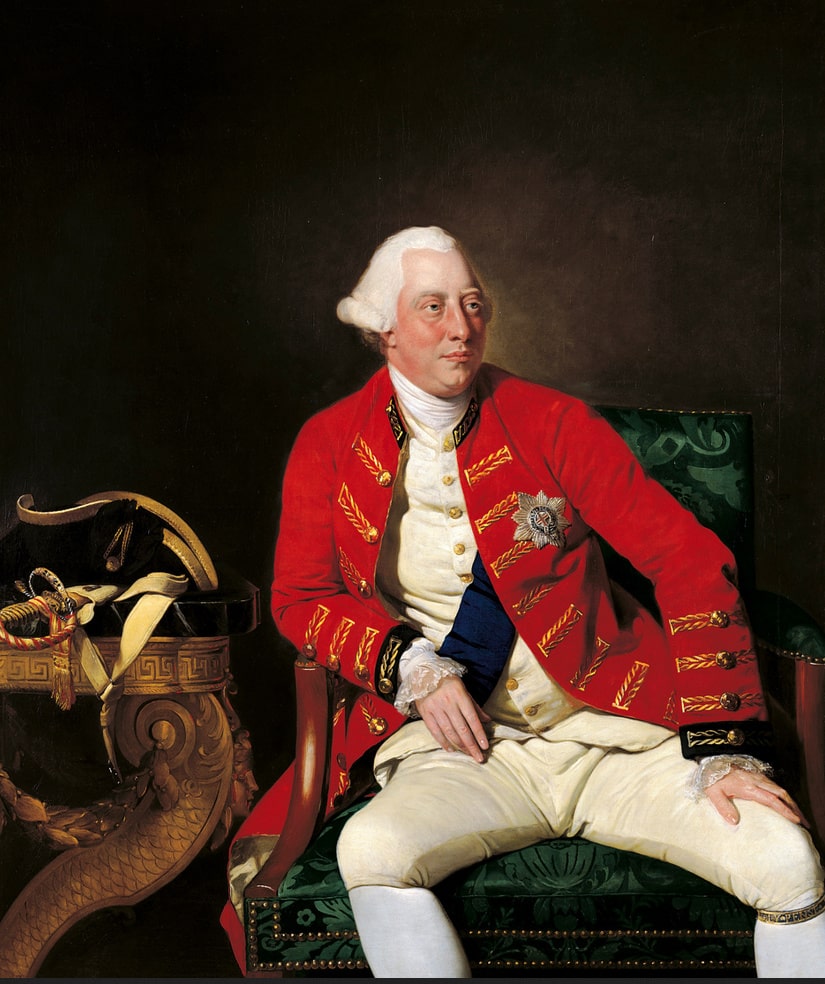
However, despite the loyalties many held, conditions were right in American society for a significant proportion of the populace to gradually forgo their allegiance to the king, rebel against the monarchy, and eventually support complete independence.
- There was more fluid social mobility in the colonies compared to in Britain. Land ownership was more accessible in America, and there was a strong colonial merchant class. Meaning, power was less concentrated with higher-class social groups.
- The Thirteen Colonies had their own social identity. The geographic separation from Britain created cultural differences, and while the colonists hugely respected the king, the notion that all men are created equal began to gain popularity.
- Colonial leaders promoted Enlightenment Ideals using widely exchanged political pamphlets, often reaching hundreds of thousands of people. These pamphlets spread ideas of natural rights, and governance by consent, and challenged the monarchy’s absolute power over its citizens. Anti-British propaganda was also spread using pamphlets and posters by groups such as the Sons of Liberty, especially after the Boston Massacre, fueling anti-British sentiment.
- The British were unrelenting in their attempts to tax and control the Thirteen Colonies in a way that its citizens considered unfair. Over time, this caused people to lose respect for King George III, especially as he rejected petitions from the Thirteen Colonies to reconsider the Intolerable Acts.
- The British attempted to station their soldiers in the colonies, such as under the Quartering Acts of 1765 and 1774. The latter act in particular made the colonists uneasy, and sparked fears of military occupation in major cities.
While it was a gradual process, the American people eventually lost their trust in, and respect for, the British monarchy. This led to a greater sense of unique national identity, which the colonies decided they were willing to fight for.
Summary
The American Revolution was caused by three primary factors:
- The British government’s unrelenting attempts to assert economic and political control in the Thirteen Colonies, without offering political representation.
- The colonists’ desire to achieve political and economic independence: to become a self-sufficient, democratic society, and to achieve greater levels of economic growth.
- A growing cultural divide between the British and Americans, and the American public’s gradual loss of respect for the British monarchy.



